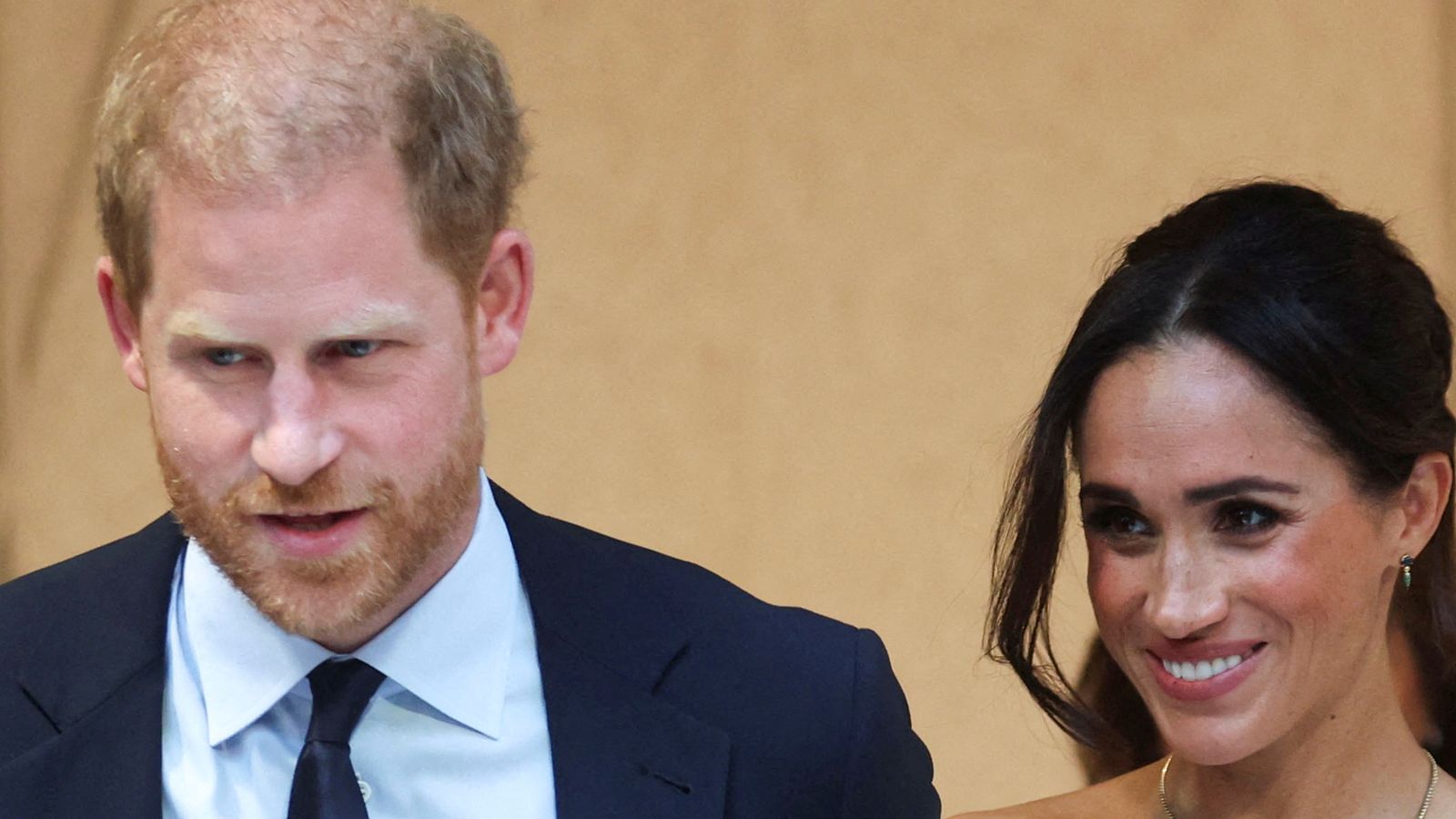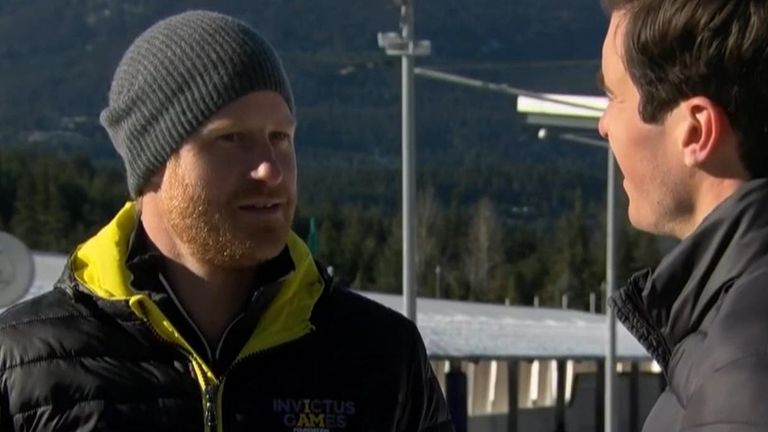Prince Harry loses challenge against decision to revoke his right to automatic police protection when in the UK


Prince Harry has lost a legal challenge against the government’s decision to take away his right to automatic high-level police protection when he is in the UK.
His lawyers had argued that he was “singled out” and treated “less favourably” in the decision, which meant he would no longer be given the “same degree” of taxpayer-funded personal protective security when visiting.
It was claimed that a failure to carry out a risk analysis and fully consider the impact of a “successful attack” on him meant the approach to his protection was “unlawful and unfair”.
But in a ruling on Wednesday, retired High Court judge Sir Peter Lane rejected the Duke of Sussex‘s case.
He ruled the decision to change his security status was not unlawful or “irrational”, and that there had been no “procedural unfairness”.
The judge added: “Even if such procedural unfairness occurred, the court would in any event be prevented from granting the claimant [Prince Harry] relief.
“This is because, leaving aside any such unlawfulness, it is highly likely that the outcome for the claimant would not have been substantially different.”
A legal spokesperson said Prince Harry will appeal the judgment – and he is not looking for “preferential treatment”.
“The Duke of Sussex hopes he will obtain justice from the Court of Appeal, and makes no further comment while the case is ongoing,” they added.
Advertisement
Read more from Sky News:
Troubles suspects conditional immunity ‘breaches human rights’
Biden wins Michigan primary but faces voter backlash
Kellogg’s boss says poor people should eat cereal for dinner
Security has been a hugely contentious issue for the Sussexes ever since they left the UK. And this decision will be a bitter blow.
Prince Harry felt so aggrieved over the downgrading of his automatic police protection, he launched a lengthy legal challenge.
But now he’s lost, leaving questions about any future family visits.
Although most of this case had been heard in private, we did learn Prince Harry wanted to bring his children to Britain.
His statement described how he wanted Archie and Lilibet to feel at home in the UK.
It’s worth remembering Harry has never had his security completely removed. He is entitled to police protection here on a “case-by-case” basis. And the judge believes this is the rational decision.
We were expecting to see more of Harry in the UK this year. He hinted to this during a recent interview with an American TV network.
This year is the 10th anniversary of Invictus and the Sussexes were expected to attend an event.
Perhaps what this case has exposed is the highly secretive way security decisions are made. Very little is known about Ravec, the committee which determines protection for the royals and other VIPs.
Harry believed this secrecy led to unfairness, but a senior judge has now decided he was wrong.
Most of the court proceedings were held in private – without the public or the press present – because of confidential evidence over security measures.
Part of the ruling was also redacted.
Sir Peter said this was because there would be a “serious adverse impact on the individuals concerned, as well as being contrary to the public interest, including that of national security” if some of the information was made public.
Prince Harry launched his legal action in February 2020 following the decision by the Executive Committee for the Protection of Royalty and Public Figures (Ravec), which has delegated responsibility from the Home Office.
The government argued the claim should be dismissed because Ravec was entitled to conclude the duke’s protection should be “bespoke” and considered on a “case-by-case” basis.
Following the ruling, a Home Office spokesperson said: “We are pleased that the court has found in favour of the government’s position in this case and we are carefully considering our next steps.
“It would be inappropriate to comment further.”
The decision to change his level of security came after the duke and his wife Meghan announced they were “stepping back” from royal duties in January 2020.
The couple have since settled in California, where they live with their two children.
In an interview last year Prince Harry, who was not present at the December hearing, revealed he felt “stunned” when his security was taken away.
He is believed to have last visited the UK earlier this month, when he made a whirlwind trip to see his father King Charles following his cancer diagnosis.
Please use Chrome browser for a more accessible video player
1:08
Prince Harry: ‘I love my family’
The ruling is the latest in a string of legal cases involving the duke.
Earlier this month he reached a settlement with the publisher of the Daily Mirror newspaper over phone hacking claims.
In January he withdrew his libel claim against the publisher of the Mail on Sunday in relation to an article about his security arrangements.
Prince Harry was also refused permission in May 2023 to bring a further legal challenge against the Home Office over the Ravec decision.